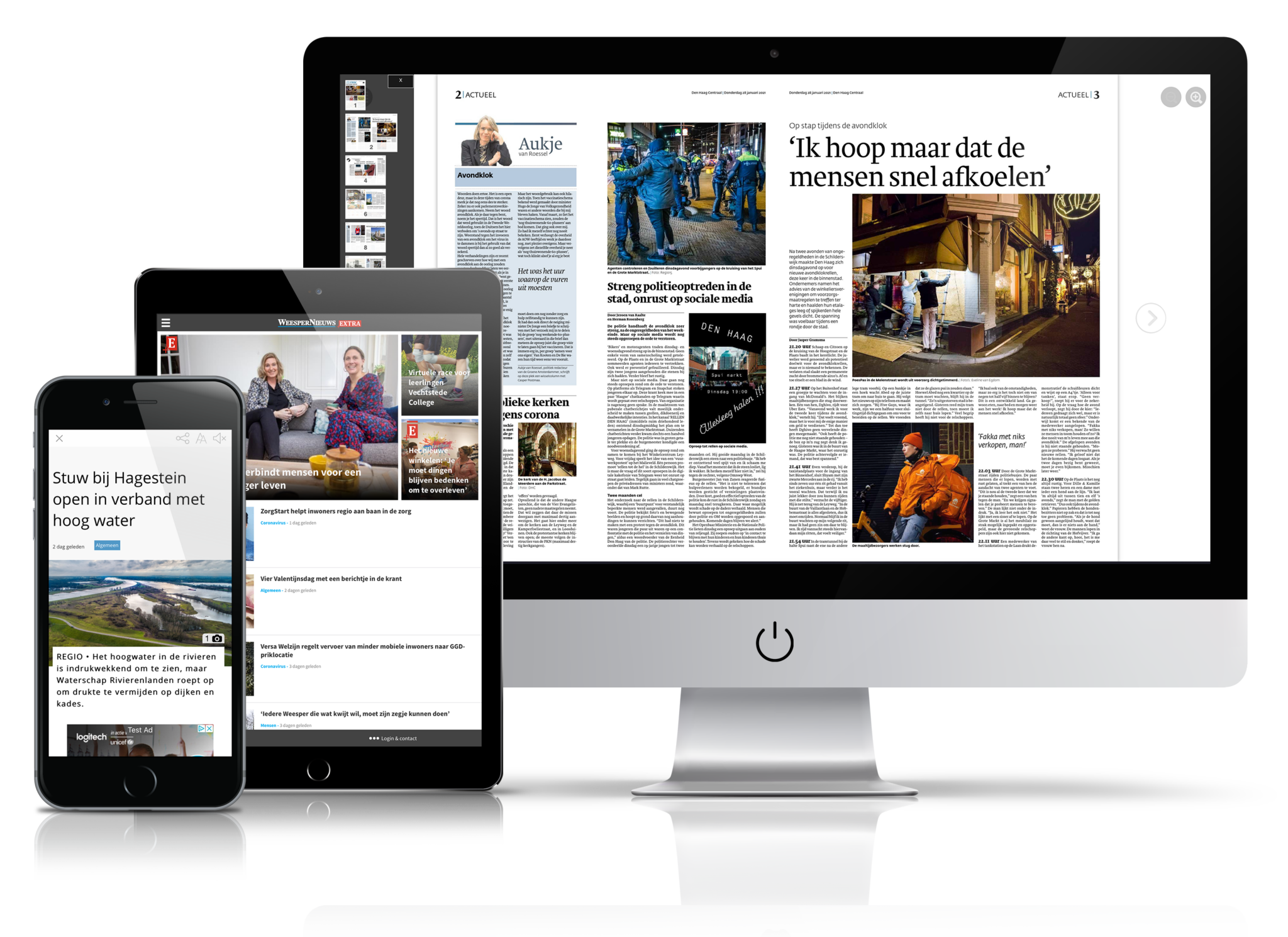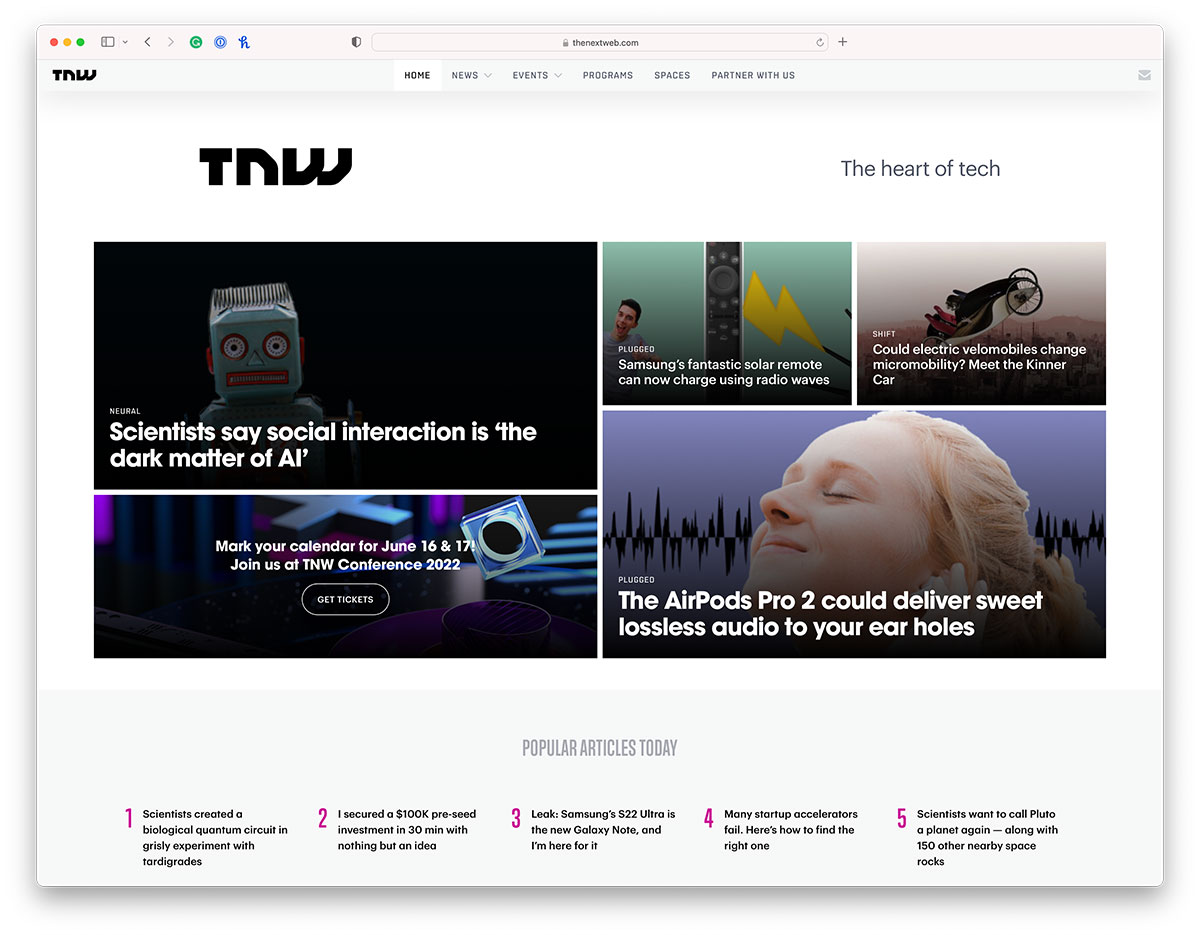The Basic Principles Of News Websites
The Basic Principles Of News Websites
Blog Article
Some Known Incorrect Statements About News Websites
Table of ContentsGetting My News Websites To WorkGetting The News Websites To WorkThe Greatest Guide To News WebsitesThe Only Guide to News WebsitesWhat Does News Websites Mean?
It was down in the UK and Brazil however up a few other countries, such as Greece, Bulgaria, and Poland (News Websites). This year, for the very first time, we inquired about the various manner ins which individuals avoid the information and located that around half of avoiders (53%) were attempting to do so in a broad-brush or routine means as an example, by switching off the radio when the news began, or by scrolling past the news in social mediaYou claimed that you attempt to actively prevent news.

I'm probably selecting to find out more light-hearted stories than I used to right now. M, 51, UK Turning my back on information is the only method I feel I can deal in some cases. I need to purposely make the effort to avert for my very own mental wellness.
Some Of News Websites
Selective avoidance of Ukraine information was greatest in most of the nations closest to the conflict, reinforcing findings from our additional study in 2014, right after the battle had actually started. Our information might not recommend a lack of rate of interest in Ukraine from close-by countries but instead a wish to handle time or protect psychological wellness from the very actual scaries of war.
Comparing Finland with a politically polarised country such as the United States (see following graph) that is less influenced by the war, we find an extremely various pattern of subject avoidance. In the United States, we find that customers are more most likely to avoid topics such as national politics and social justice, where disputes over problems such as sex, sexuality, and race have ended up being extremely politicised.
American politics are rather poisonous nowadays. I locate in some cases that I have to detach from tales that just make me angry. F, 61, United States For some people, bitter and disruptive political arguments are a reason to switch off information entirely, however for some political partisans, avoidance is typically about shutting out point of views you don't want to hear.

Not known Details About News Websites
Some are aiming to make information more accessible for hard-to-reach teams, broadening the information program, appointing more inspiring or favorable news, or welcoming constructive or remedies journalism that provide individuals a sense of hope or individual agency. In our study this year, we asked respondents regarding their interest in these various approaches.
This clarifies why stories like Ukraine or nationwide politics do well with information regulars but can at the exact same time turn much less interested customers away (News Websites). Discerning avoiders are less interested in all kinds of information than non-avoiders however in family member terms they do seem to be extra thinking about favorable or solutions-based news

Get This Report about News Websites
2023). This might hold true in the moment, but over time it appears to be leaving lots of people empty and less completely satisfied, which might be weakening our connection with and rely on the information. Across markets, overall count on news (40%) and rely on the resources individuals use themselves (46%) are down by an even more 2 percentage factors this year.
Undoubtedly, through the rear-view mirror, the COVID-19 trust from this source bump is plainly visible in the following graph, though the direction of traveling after that has been blended. In many cases (e.g. Finland), the depend on increase has actually been preserved, while in others the upturn looks even more like a blip in a tale of continued long-term decrease.
Some of the highest possible reported levels of media objection are found in nations with highest degrees of mistrust, such as Greece, the Philippines, the USA, France, and the UK. The most affordable levels of media objection are often in those with greater levels of count on, such as Finland, Norway, Denmark, and Japan.
The smart Trick of News Websites That Nobody is Talking About
This year we asked participants regarding their preferences for message, audio and video clip when eating news online. Usually, we discover that the bulk still like to read the news (57%), as opposed to watch (30%) or listen to it (13%), yet younger people (under-35s) are most likely to pay attention (17%) than older teams.
Behind the averages we find significant and shocking nation differences. In markets with a strong reading practice, such as Finland and the United Kingdom, around 8 in 10 still favor to read on-line information, however in India and Thailand, around four in ten (40%) claim they choose to see information online, and in the Philippines that percentage mores than fifty percent (52%).
Report this page